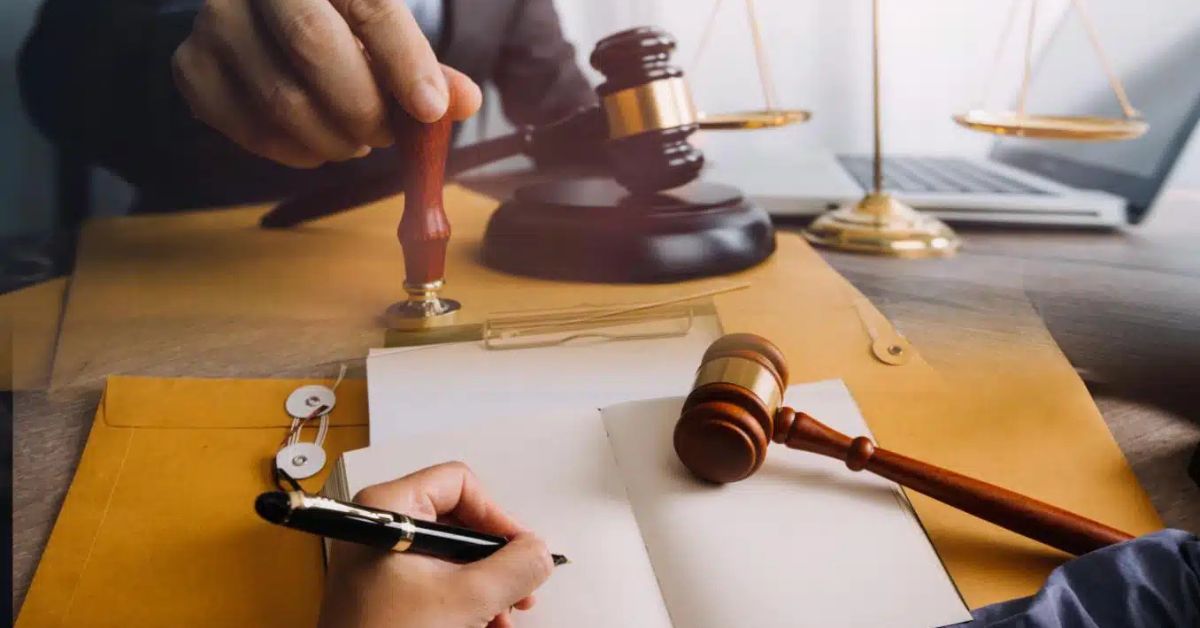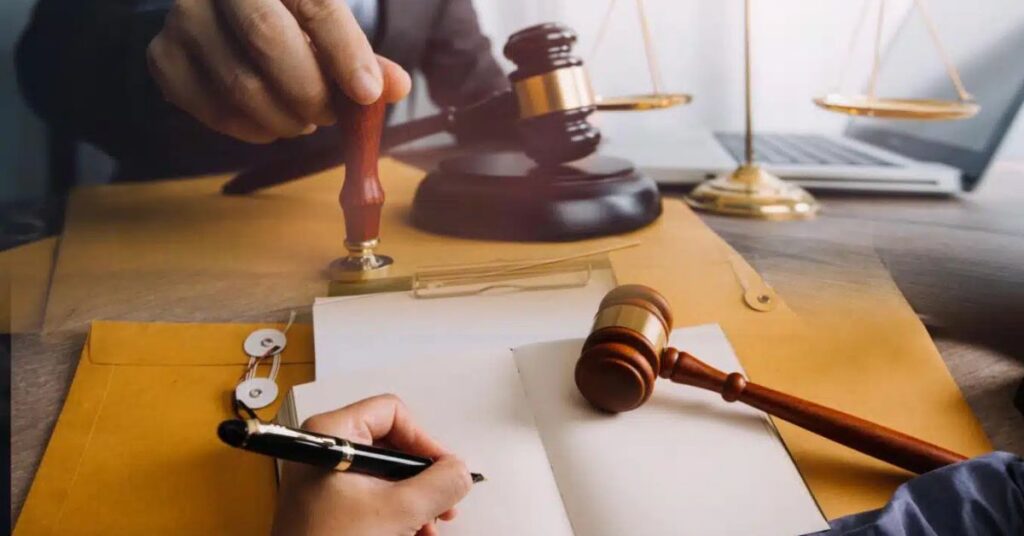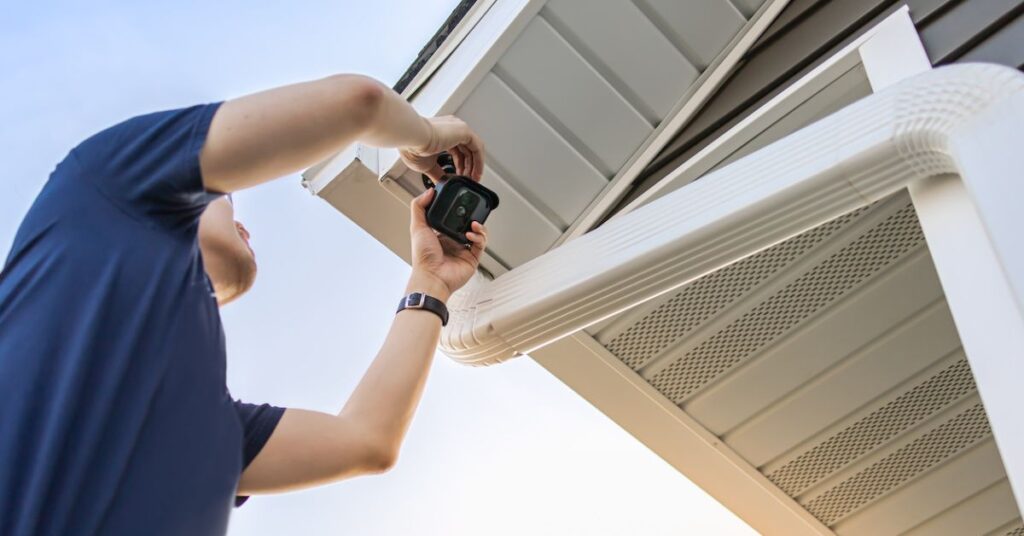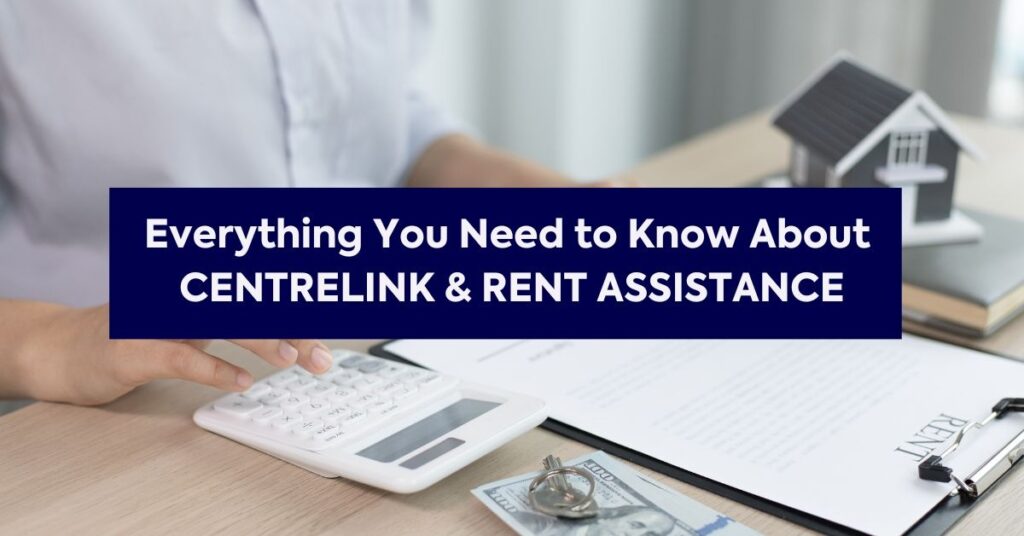Dealing with the estate of someone who has passed away can be complicated, and often people wonder if they need to go through the formal probate process. In South Australia, there are specific situations where obtaining a Grant of Probate from the Supreme Court isn’t necessary. Understanding these exceptions can save time and reduce stress for executors. This guide looks at when is probate not required in South Australia, covering various scenarios from small estates to jointly owned assets. Probate is generally needed for the executor to access a deceased person’s assets, but exceptions exist when is probate not required in South Australia.
Understanding When Is Probate Not Required in South Australia: An Overview
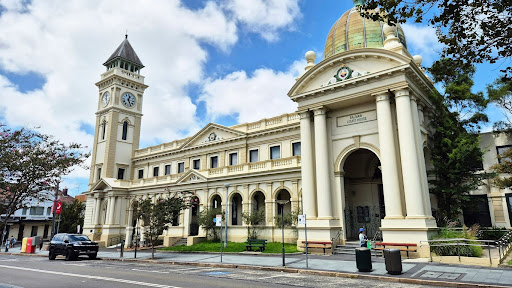
When someone passes away, their Executor usually needs to get a Grant of Probate from the Supreme Court to access and manage the deceased’s assets. This official court document essentially confirms the validity of the Will and the Executor’s authority. However, it’s not always a mandatory step. There are specific circumstances in South Australia where probate is not required, which can simplify the process of administering an estate. Understanding these exceptions can save time and reduce the administrative burden on those handling the deceased’s affairs.
Several factors determine whether probate is necessary. These often relate to the value and type of assets held by the deceased, and how those assets were owned. For instance, assets held as joint tenants typically pass directly to the surviving owner without needing probate. Similarly, certain financial institutions may release small amounts of money without a formal grant. It’s also important to consider if the deceased had nominated beneficiaries for specific assets like superannuation or life insurance policies, as these often bypass the need for probate altogether.
Here are some common scenarios where probate might not be needed:
- Small Estates: If the total value of the deceased’s assets falls below a certain threshold, some institutions may allow for their release without probate.
- Jointly Owned Assets: Property or accounts held as joint tenants automatically transfer to the surviving owner(s) due to the right of survivorship.
- Assets with Named Beneficiaries: Superannuation funds and life insurance policies with a nominated beneficiary usually pay out directly to that person.
While these exceptions exist, it’s always wise to confirm the specific requirements with each institution holding the deceased’s assets. They will have their own policies regarding the release of funds or property without a grant of probate.
Knowing when is probate not required in South Australia can make a significant difference in how an estate is managed. It’s about identifying which assets are controlled by the Will and which pass outside of it. For example, if the deceased owned property solely in their name, probate is likely to be required to deal with that asset. However, if all their assets were jointly owned or had named beneficiaries, the need for probate diminishes considerably. It’s also worth noting that land tax obligations can still apply to deceased estates, even if probate is not required, so understanding land tax rules is important.
Small Estate Thresholds: When Is Probate Not Required in South Australia for Low-Value Assets
Sometimes, if the deceased person didn’t leave behind a lot of valuable stuff, you might not need to go through the whole probate process. It really depends on how much everything is worth and how it was owned.
Each bank or financial institution has its own limit for what they consider a ‘small’ amount. If the total value of the assets held by that specific institution is below its threshold, they might let you access or transfer them without a formal grant of probate. This can be a real lifesaver, saving time and money.
Here’s a general idea of how it works:
- Check with Each Institution: You’ll need to contact each bank, building society, or share registry where the deceased held assets. They will tell you their specific limit for small estates.
- Provide Necessary Documents: Typically, you’ll need to show a certified copy of the death certificate and the original will (if one exists) to prove you’re the rightful executor or beneficiary.
- Asset Valuation: You’ll need to be able to show the value of the assets held by that particular institution. If it’s below their limit, they may release the funds or transfer the assets.
It’s important to remember that even if one institution allows access without probate, another might not. Some banks might issue a cheque made out to the estate, but then you might still need a bank account in the estate’s name, which often requires probate.
Be aware that these thresholds can change, and individual institutions have their own policies. It’s always best to confirm directly with them.
For instance, as of 1 January 2025, the Public Trustee in South Australia can administer estates valued at AU$100,000 or less, provided there’s no real property involved, without needing to apply to the Supreme Court for probate. They handle the necessary notifications, and it’s treated as if probate was granted. This is a significant change aimed at simplifying the process for smaller estates.
Jointly Owned Property: When Is Probate Not Required in South Australia Due to Survivorship
Sometimes, assets don’t need to go through the probate process because of how they’re owned. A common example is property held as ‘joint tenants’.
When two or more people own a property as joint tenants, the ownership automatically passes to the surviving owner(s) when one of them passes away. This is known as the ‘right of survivorship’. It doesn’t matter what the deceased person’s will says; the surviving joint tenant(s) inherit that share of the property without needing a grant of probate.
This rule isn’t just for houses. It can apply to other assets too, like bank accounts or vehicles, if they are specifically registered as jointly owned with the right of survivorship.
It’s important to distinguish this from ‘tenants in common’ ownership. If a property is owned as tenants in common, each owner has a distinct share that becomes part of their estate upon death and will likely require probate to transfer.
To deal with jointly owned property after a death, you’ll usually need to lodge a death notice with the relevant authority, like Land Services SA for property. This process confirms the death and updates the ownership record. While probate isn’t needed to transfer ownership, you’ll still need to provide a death certificate and potentially other identification documents.
Here’s a quick rundown:
- Joint Tenancy: Ownership automatically passes to the survivor(s). Probate is generally not required for the deceased’s share.
- Tenants in Common: Each owner has a separate share. This share forms part of the estate and usually requires probate.
- Documentation: Even without probate, you’ll need to formally notify the relevant registry (e.g., Land Services SA) of the death to update ownership records.
Assets with Named Beneficiaries: When Is Probate Not Required in South Australia for Super and Insurance
Sometimes, you don’t need to go through the whole probate process, especially when it comes to things like superannuation and life insurance. These types of assets often have a special feature: a nominated beneficiary. This means the deceased person would have already told the super fund or insurance company exactly who they wanted to receive the money when they passed away.
When a beneficiary is clearly named, the payout usually bypasses the deceased’s estate and goes straight to that person. This is a really common way to handle these funds, and it can save a lot of hassle for the executor and the beneficiaries.
Here’s a bit more on how it generally works:
- Superannuation Funds: If you’re a beneficiary of someone’s super, the fund will typically pay out the death benefit directly to you, provided you’re listed as a binding or non-binding beneficiary. They’ll usually ask for a death certificate and proof of your identity.
- Life Insurance Policies: Similar to super, if the policy has a named beneficiary, the insurance company will pay the benefit directly to them. It’s not usually part of the estate that needs a grant of probate.
It’s important to remember that while this often avoids probate, the specific rules can vary between different super funds and insurance providers. They might still require certain documentation, like a death certificate, to process the claim. Also, if there’s no named beneficiary, or if the beneficiary has also passed away, the money might then become part of the deceased’s estate and could require probate.
Always check the specific terms and conditions of the superannuation fund or insurance policy, and if you’re unsure, it’s best to get advice. Sometimes, even with a named beneficiary, there can be complexities.
Bank and Financial Institution Limits: When Is Probate Not Required in South Australia for Account Access
Sometimes, you might think probate is a definite must-have, but financial institutions often have their own rules, especially when it comes to smaller amounts of money. It’s always a good idea to check directly with the bank or building society holding the deceased’s accounts.
Many institutions have a threshold for how much money they’ll release without a formal grant of probate. This limit can vary quite a bit from one place to another. Since January 1, 2025, the Succession Act 2023 (SA) has put a specific figure on this: if a financial institution holds AU$15,000 or less belonging to the deceased, they can pay this out to a surviving spouse, domestic partner, or child without needing probate. This is a handy provision that can speed things up for immediate needs.
Here’s a general idea of how these limits might work:
- Account Balance: Up to AU$15,000 (as per the Succession Act 2023).
- Specific Purpose: Some banks might release funds specifically for funeral expenses, even if the total balance is higher, provided you have a tax invoice for the funeral costs.
- Joint Accounts: If an account was held jointly, the funds automatically pass to the surviving account holder, bypassing the need for probate for that specific account.
It’s important to remember that even with these limits, the financial institution will likely require proof of death, such as a death certificate, and confirmation of your identity and your role as executor (if there’s a will). They might also issue a cheque made out to the estate, which could then require you to open an estate bank account, potentially leading back to needing probate.
So, before you assume probate is necessary for accessing bank accounts, have a chat with the relevant financial institution. You might be surprised at how straightforward it can be to access smaller sums or funds for immediate expenses.
When Is Probate Not Required in South Australia Under Existing Trust Structures
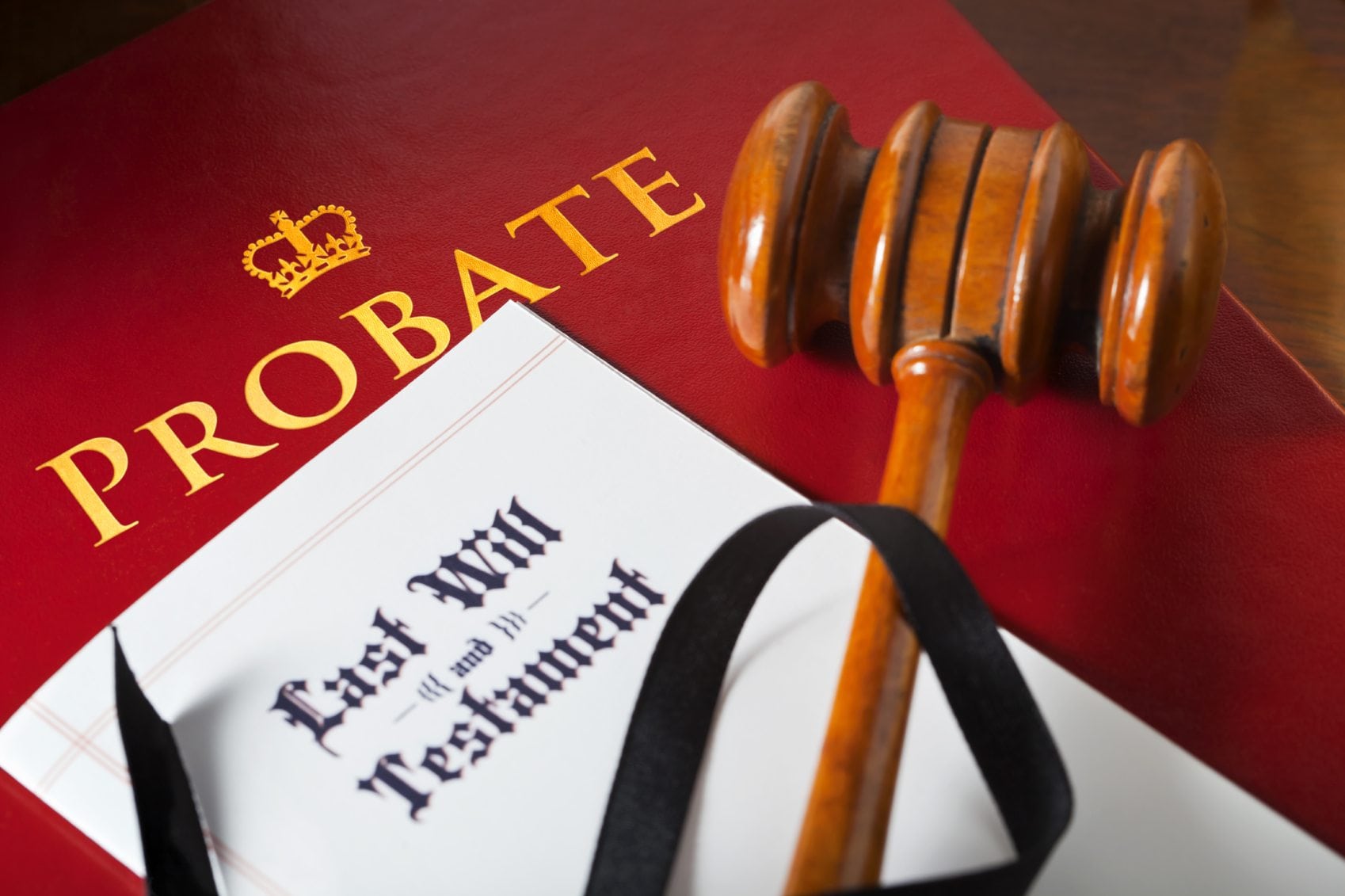
Sometimes, assets aren’t directly owned by the person who has passed away. Instead, they might be held within a trust. This is quite common, especially for larger estates or for people who have done some planning around how their assets will be managed and distributed.
When assets are held in a trust, they generally don’t form part of the deceased’s personal estate that requires probate. The trust deed, which is the document that sets up and governs the trust, outlines who the beneficiaries are and how the assets should be managed. The trustee, who is the person or entity responsible for managing the trust, has a legal duty to follow the terms of the trust deed.
So, if the deceased person’s assets were already transferred into a trust during their lifetime, and the trust deed clearly specifies how these assets should be dealt with upon their death, probate might not be needed for those specific assets. The trustee would simply continue to manage or distribute the assets according to the trust’s rules.
It’s important to remember a few things here:
- The trust must be a valid, properly established legal trust.
- The assets in question must be legally owned by the trust, not the individual.
- The trust deed needs to be clear about what happens to the assets after the founder’s death.
This can be a bit confusing, so it’s always a good idea to check the specific trust documents and perhaps get some advice to be sure.
The key here is that the ownership of the asset has already been shifted from the individual to the trust. This means the asset isn’t technically part of the deceased’s personal estate, and the executor needs a grant of probate to deal with it.
Situations with No Assets in the Deceased’s Sole Name: When Is Probate Not Required in South Australia
Sometimes, when someone passes away, their affairs are structured in a way that means a grant of probate isn’t needed to sort everything out. This often happens when the deceased person didn’t own any assets solely in their own name.
Think about it: if all their property was already jointly owned with someone else, or if everything was set up to go directly to specific people through things like superannuation or life insurance policies with nominated beneficiaries, then there might not be anything left in their ‘estate’ that requires the court’s formal approval to transfer. The assets simply pass to the surviving owners or nominated individuals automatically.
Here are a few common scenarios where probate might be bypassed because there are no assets solely in the deceased’s name:
- Jointly Owned Property: If the deceased owned property, like a house or a bank account, as a ‘joint tenant’ with another person (often a spouse or partner), that asset automatically passes to the surviving joint tenant. It doesn’t become part of the deceased’s estate that needs to be administered through probate.
- Assets with Named Beneficiaries: Many financial products, such as superannuation funds and life insurance policies, allow you to nominate beneficiaries. If these nominations are up-to-date, the payout from these policies typically goes directly to the nominated person(s) without needing probate.
- Assets Held in Trust: If the deceased’s assets were held within a trust structure, the terms of the trust deed will usually dictate how those assets are managed and distributed upon their death. Often, this process doesn’t require a grant of probate.
It’s important to remember that even if there are no assets in the deceased’s sole name, there might still be debts or other liabilities that need to be addressed. While probate might not be required for asset distribution, other legal steps could still be necessary.
So, if you’re looking after someone’s affairs after they’ve passed and you’re not sure if probate is needed, it’s always a good idea to check how all the assets were held. If everything was already set up to pass to others automatically, you might be able to avoid the probate process altogether.
How to Verify When Is Probate Not Required in South Australia Before Applying
Before you go ahead and start the probate application process, it’s a really good idea to double-check if you actually need it. Sometimes, things are simpler than they seem, and you might be able to sort out the deceased’s assets without the court’s formal approval. This can save you a fair bit of time and hassle.
So, how do you figure this out? It usually comes down to a few key things:
- What kind of assets are we talking about? Think about whether the assets were owned solely by the deceased, jointly with someone else, or if they had named beneficiaries.
- What’s the total value of the estate? South Australia has thresholds for small estates where probate might not be needed.
- Who holds the assets? Banks, superannuation funds, and insurance companies often have their own rules about releasing funds without a grant of probate.
The most straightforward way to confirm is to list out all the assets the deceased person owned and then check the specific requirements for each one.
Here’s a general breakdown of what to look for:
- Jointly Owned Assets: If an asset, like a house or a bank account, was held as ‘joint tenants’ with another person, it typically passes directly to the surviving owner. You’ll usually need a death certificate to update the ownership, but not probate.
- Assets with Named Beneficiaries: Things like superannuation or life insurance policies often have beneficiaries nominated. These usually bypass the estate and go directly to the named person.
- Small Estates: If the total value of the assets held solely in the deceased’s name is below a certain amount, some financial institutions might release funds without probate. It’s worth contacting them directly to ask about their policy.
- Trusts: Assets held within a trust structure are generally governed by the trust deed and don’t form part of the deceased’s personal estate, requiring probate.
It’s always better to be sure. If you’re unsure about any aspect of the deceased’s assets or the requirements for transferring them, seeking advice from a legal professional or the Public Trustee is a wise step. They can help you confirm whether probate is necessary for your specific situation and guide you through the correct procedures.
Wondering if you need to go through the probate process in South Australia? It’s not always necessary! Our guide helps you figure out when you can skip probate before you even start.
Curious about the specific situations where probate isn’t required?
Visit our website to learn more and get clear answers.
Frequently Asked Questions
What is Probate, and why is it usually needed?
Probate is like a special stamp of approval from the Supreme Court. It confirms that a Will is valid and that the person named to carry out the Will (the executor) has the legal right to manage the deceased person’s belongings. Banks, super funds, and other organisations often need this stamp of approval before they will release money or property to the executor.
Are there specific money limits for when Probate isn’t needed in South Australia?
Yes, sometimes. If the total value of a person’s assets is quite small, certain banks or financial groups might let the executor access the money without a formal Probate. However, each place has its own rules about how much money they consider ‘small’. It’s best to check directly with them.
How does owning property with someone else affect the need for Probate?
If a property is owned as ‘joint tenants’ with someone else, like a spouse, that property automatically goes to the surviving owner when one person passes away. This is called the ‘right of survivorship’. In this case, Probate isn’t needed for that specific property because it doesn’t become part of the deceased’s estate.
What about things like superannuation or life insurance, where a beneficiary is already named?
If a person has already nominated who should receive their superannuation or life insurance money, these funds usually don’t need Probate. The money goes directly to the person named as the beneficiary, bypassing the usual Will process.
What if the deceased person didn’t own anything in their own name?
If all the deceased person’s assets were already owned jointly with someone else, or had named beneficiaries (like super or insurance), then there might be nothing in their sole name to administer. In such cases, Probate might not be required because there’s no estate for the executor to manage through the court.
How can I be sure if Probate is truly not needed for an estate?
It’s wise to confirm with each organisation holding the deceased’s assets. You might need to show them a copy of the Will and the death certificate. If you’re unsure, especially if the estate is complex or on the edge of a ‘small estate’ value, getting advice from a legal professional is a good idea to make sure you follow all the correct steps.

